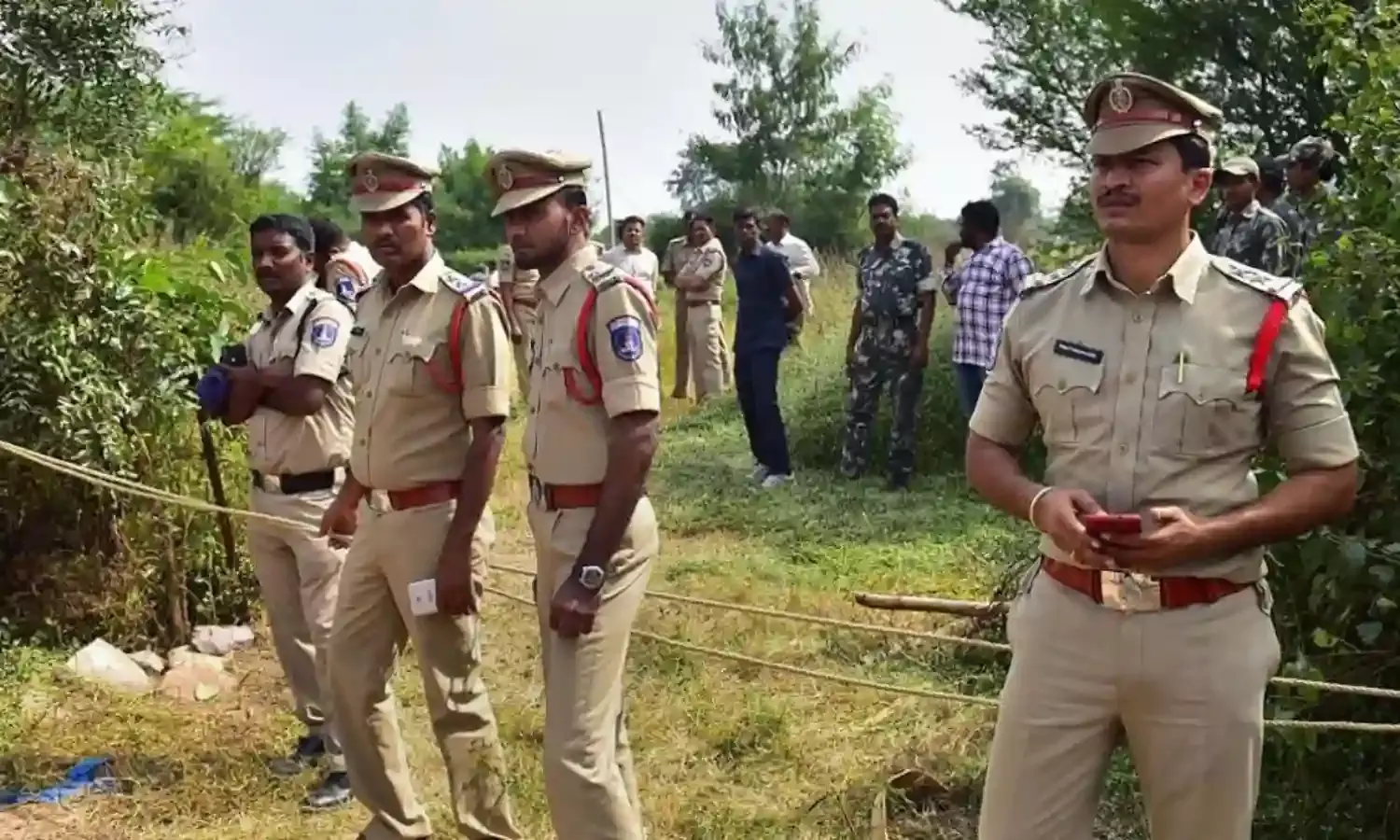Telangana Encounter - Buck Must Not Stop At Junior Police Ranks
Highest levels deliberated encounters before
The Hyderabad encounter, in which the four alleged rapists/murderes were killed by the Telangana police, has left behind a trail of controversy. “Justice has been served”, said one celebrity. However, according to another distinguished person, “once we accept encounter as a solution, we give up the hope of rule of law”.
Encounters have been deliberated upon at the highest level. The National Police Commission laid down that there must be a judicial inquiry in all cases where two or more persons had died as a result of police firing in the dispersal of an unlawful assembly.
The National Human Rights Commission, on December 2, 2003, issued detailed guidelines stating inter alia that a magisterial inquiry must be held in all cases of death which occur in the course of police action and that prompt prosecution and disciplinary action must be initiated against all delinquent officers found guilty in the magisterial inquiry/ police investigation. The guidelines were further revised in 2010, asking the states to report the facts within 48 hours, and making it mandatory for the states to send a detailed second report within three months from the date of encounter.
The Supreme Court, in People’s Union for Civil Liberties & Anr v/s State of Maharashtra and others, issued comprehensive guidelines on September 24, 2014 for the procedure to be followed in all investigations of police encounters. It laid down that an independent investigation into the incident/ encounter shall be conducted by the CID or police team of another police station under the supervision of a senior officer, and that a magisterial inquiry must be held and report sent to the judicial magistrate. Six monthly statements of all case where deaths had taken place in police firing must be sent by the DGP to the NHRC. If on the conclusion of investigation it was found that death had occurred by use of firearm amounting to an offence under the IPC, disciplinary action against such officer must be promptly initiated.
The Supreme Court went on to add that the police officer(s) concerned must surrender his/her weapons for forensic examination and that no-out-of-turn promotion or gallantry rewards shall be bestowed on the concerned officers until police action was established to be bona fide.
The National Human Rights Commission has already instituted an inquiry into the Hyderabad encounter. In due course, a magisterial or judicial inquiry may also be ordered. The facts would then clearly come out and we should have a definite finding on the genuineness or otherwise of the encounter.
At this stage, even if the Telangana police are given the benefit of doubt and we believe their version of the incident, there are certain lacunae in their handling the matter which would need to be explained. Why did they go to the place of occurrence very early in the morning? Normally, the police move in the wee hours only when they have to surprise an adversary and catch him off guard. In the present instance, it would have been better to go after sunrise to be able to properly reconstruct the scene. Besides, in such an exercise, certain precautions are always taken by the police. The accused are thoroughly searched to ensure that they are not carrying any item which could be used as a weapon of offence.
Secondly, the police party must ensure complete physical dominance over the accused. This could be by handcuffing them or keeping them in a prison van. (It would be relevant to mention here that the Supreme Court’s orders on handcuffing of prisoners place severe constraints on the police and are not always practical).
Thirdly, the police party should also be prepared to foil any attempt to rescue the accused by their collaborators. Had these precautions been taken, the eventuality to open fire should normally not have arisen.
The Telangana police acted in an unprofessional manner, to say the least. They may be getting plaudits from a section of the people but their liquidation of the alleged rapists has raised uncomfortable questions.
A Minister of the Telangana government has admitted that there was “pressure for an immediate action” and said that “credit goes to the Chief Minister”. This gives an impression that there was direction from the highest level in the state to dispose of the accused. A proper inquiry would bring out the facts. The buck, it will have to be ensured, does not stop at the junior police ranks.
Prakash Singh was formerly Director General of Police, UP and DGP Assam





